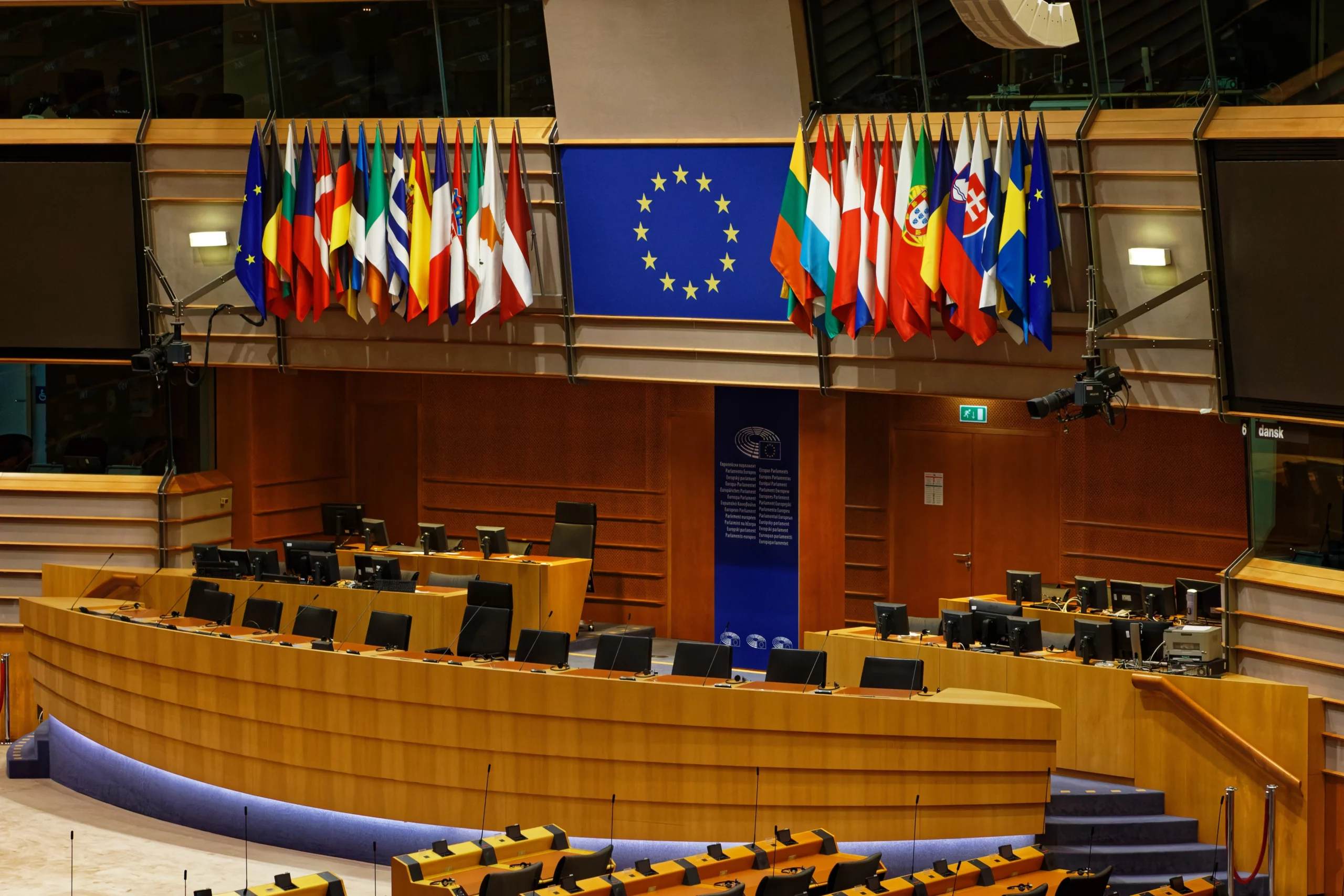Improving EU policymaking through stronger dialogue with Europe’s local and regional governments
With the European Union facing increasingly complex challenges, from demographic shifts to digitalisation and climate resilience, ensuring that policies are designed and delivered as close to citizens as possible is more relevant than ever. In this context, the Council of European Municipalities and Regions (CEMR) has released a position paper advocating for a more structured, inclusive, and effective approach to subsidiarity and proportionality in EU decision-making.
The paper responds to the European Commission’s 2018 Communication on subsidiarity and proportionality, which calls for a stronger application of these core principles in the legislative process. CEMR welcomes this shift and provides five concrete proposals to embed local and regional governments more deeply into the EU policy cycle.
Towards active subsidiarity: five key proposals
CEMR argues that local and regional governments (LRGs) are not merely stakeholders but essential partners in the design, implementation and evaluation of EU legislation. To improve policy outcomes, the position paper puts forward five central proposals:
- Structured Dialogue: Introduce formal mechanisms to ensure that local and regional governments and their associations are regularly consulted at all stages of policy development, mirroring the success of the Social Dialogue model.
- Effective Engagement: Tailor consultation tools to better capture the input of LRGs and provide feedback on how their responses are considered, moving beyond one-size-fits-all approaches.
- Weighted Input: Recognise the democratic legitimacy of local authorities by assigning greater weight to their input in EU consultations and encourage deliberative dialogue through local stakeholder meetings.
- Use of Local Data: Draw on the unique evidence and experience of LRGs earlier in the legislative cycle, especially through inception impact assessments and a reformed REFIT platform.
- Access to Policymaking: Develop systems allowing LRGs to help shape legislation from the ground up and promote models of multilevel governance like those trialled through the Urban Agenda for the EU.
A call for genuine partnership
CEMR highlights that better regulation and stronger subsidiarity are not only technical improvements but democratic imperatives. By embedding multilevel governance and recognising the expertise of towns, cities and regions, the EU can build policies that are more effective, more efficient, and more trusted by citizens.
This paper adds to CEMR’s broader push for a European governance model based on real partnership with local and regional governments. With the next European Commission mandate on the horizon, the time is ripe to make “active subsidiarity” a reality.
For more information, contact:

Senior Advisor – Governance & Institutional Relations







